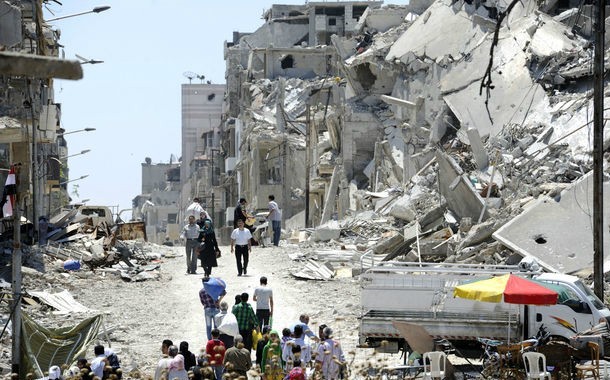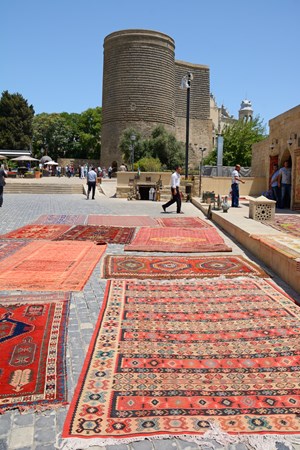UOT 327; 930.22
DOI: https://doi.org/10.30546/3006-0346.2025.2.86.203
Vusala Aliyeva
Baku Slavic University
Chair of International Relations,
PhD in history, associate professor
The impact of the outbreak of civil war in
Syria on regional security
Summary
The Middle East region has always been in the sphere of interest of great powers, international and regional organizations. Analysis of the tactical and political movements of the centers of power in the processes taking place in the region, in the globalization of security issues, allows us to look at the process more clearly. The policies of countries such as Russia, the United States, and the European Union regarding the region are also very important in this regard.
Undoubtedly, the Middle East continues to be a region of intense ethnic and religious conflicts, and internal and external influences further increase these tensions. In the Middle East, which is full of problems, all actors are trying to win over the new rulers who come to power, or to ensure that the leaders they support win. Friends, allies and relations may change depending on the development of events. We can say that the only policy that will not change is to maintain its presence in the region, to demonstrate its superiority within the region and abroad, and at the same time to hold the energy card in its hands.
Keywords: Arab spring, Middle East, Syria, crisis.
Доц. Вусала Алиева
Бакинский Славянский Университет
Кафедра международных отношений
Влияние начала гражданской войны в Сирии на безопасность региона
Резюме
Ближневосточный регион всегда был в интересах великих держав, международных и региональных организаций. Анализ тактико-политических движений центров силы в процессах, происходящих в регионе, в глобализации вопросов безопасности, позволяет более четко взглянуть на этот процесс. В этом отношении также очень важна региональная политика таких стран, как Россия, США и Европейский Союз.
Несомненно, Ближний Восток продолжает существовать как регион наиболее напряженных этнических и религиозных конфликтов, а внутренние и внешние воздействия усиливают эту напряженность. На Ближнем Востоке, полном проблем, все игроки пытаются привлечь на свою сторону новых правителей, пришедших к власти, или добиться победы лидеров, которых они поддерживают. Друзья, союзники и отношения могут меняться по мере развития событий. Можно сказать, что единственная политика, которая не изменится, — это сохранить свое присутствие в регионе, показать свое превосходство внутри и за пределами региона и в то же время держать энергетическую карту.
Ключевые слова: Арабская весна, Ближний Восток, Сирия, кризи.




